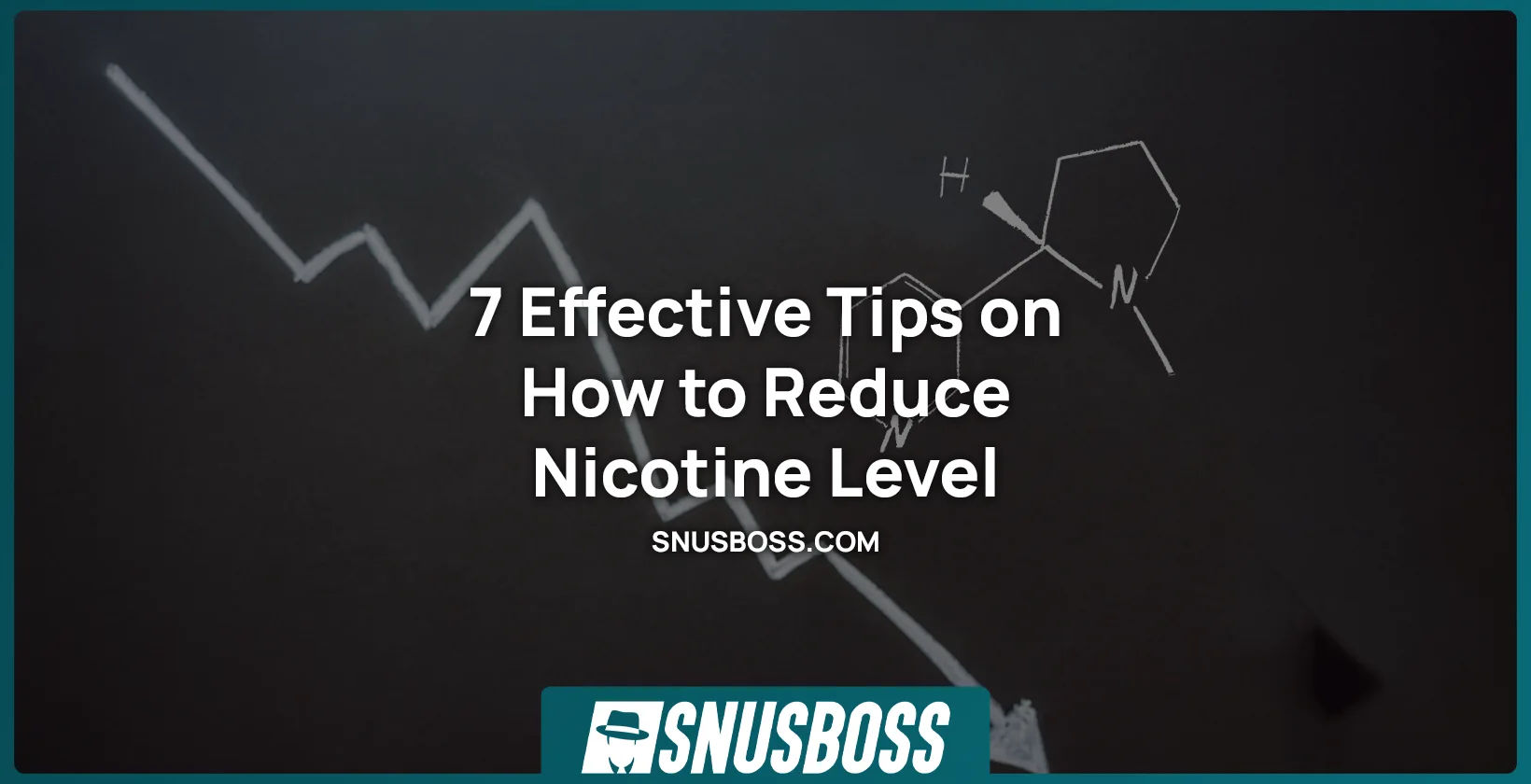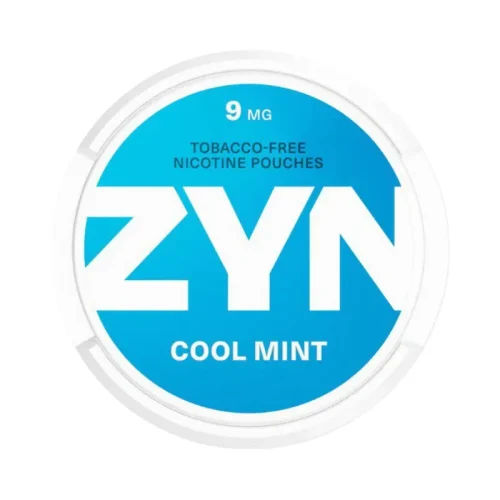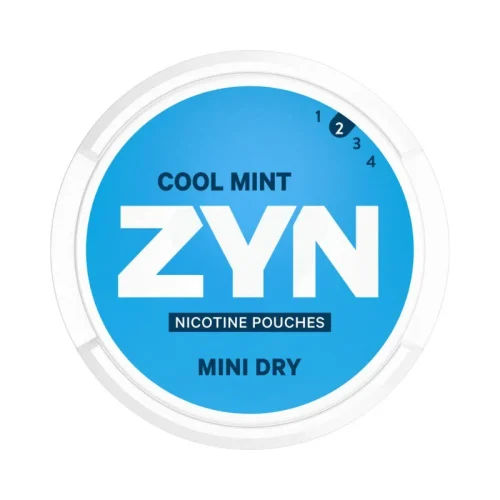Nicotine is an addictive chemical that is popularly used as a recreational drug. Due to health hazards connected with nicotine consumption it is recommended to stop using it. Reducing nicotine levels is necessary when you consume too much nicotine and feel sickly because of it or when you want to speed up your nicotine withdrawal process. Nicotine stays in your body up to 3 days after you have stopped using it.
To get the nicotine out of your system fast you can do the following things:
- drink plenty of water
- exercise regularly
- eat foods rich in antioxidants
- quit using nicotine products
- gradually reduce nicotine intake
- seek alternative products
- seek support.
This article will give tips on how to flush nicotine out fast. How fast your nicotine level reduces depends on how much nicotine you have used and your general metabolism.
1. Drink plenty of water
Drinking plenty of water will help flush waste products from the kidneys and liver, nicotine will get flushed with the rest of the waste quicker. When you drink too much water at once then your kidneys get flushed with the excess water and do not function properly. Drink half a glass and then pause for 10 minutes and then slowly repeat the process until you feel hydrated. The exact time when you will see the results in lowering nicotine levels will depend on your metabolism and previous nicotine consumption (less nicotine takes less time to get flushed).
2. Exercise regularly
Exercising regularly helps to speed up the blood circulating to your liver. That in turn makes your metabolism faster. It also releases waste products through sweat. That means you sweat out some nicotine as well. Make sure that the exercises you do are not too much for your body otherwise you risk injuries. The exact time when you will see the results in lowering nicotine levels will depend on your metabolism and previous nicotine consumption (less nicotine takes less time to get flushed).
3. Eat foods rich in Antioxidants
Eating foods rich in antioxidants helps the body repair itself. Antioxidants are needed in the body to overcome the effects that nicotine has had on your body (addiction) and that also lowers the nicotine levels. Increase your daily intake of foods rich in antioxidants or adding in a multivitamin. Side effects of over-consuming antioxidants are diarrhea, dizziness and joint pain. The exact time when you will see the results in lowering nicotine levels will depend on your metabolism and previous nicotine consumption (less nicotine takes less time to get flushed).
4. Quit using Nicotine product
Quit using nicotine products to lower your nicotine levels. The side effect of quitting using nicotine products is nicotine withdrawal with all its symptoms. When you stop using nicotine products your body will cleanse itself from nicotine naturally within 3 days.
5. Gradually reduce nicotine intake
When you gradually reduce nicotine intake your nicotine levels will drop with it. The side effect of gradually reducing nicotine intake is nicotine withdrawal with all its symptoms. The exact time when you will see the results in lowering nicotine levels will depend on your metabolism and nicotine consumption (less nicotine takes less time to get flushed) but the maximum number of days for seeing the result will be 3 days.
6. Switch to Alternative Products
When you switch to alternative products that do not contain nicotine. You use products that help you overcome nicotine withdrawal but do not contain nicotine. The side effects of switching to alternative products are the symptoms of nicotine withdrawal. The exact time when you will see the results in lowering nicotine levels will depend on your metabolism and previous nicotine consumption (less nicotine takes less time to get flushed) but it will not take longer than 3 days.
Read more about Nicotine Free Alternative.
7. Seek Support
Seeking support for lowering nicotine levels means contacting a healthcare specialist. They will know your medical history and help you find the most suitable way for lowering nicotine levels. The side effect of seeking support and following up with the advice given is nicotine withdrawal with all its symptoms. The latest you will see the result after following the advice will be on the 3rd day.
What is Nicotine?
Nicotine is an addictive stimulant drug that speeds up the central nervous system (CNS), messages that travel from the brain to the body and via versa. Nicotine is a stimulant and anxiolytic (anti-panic or anti-anxiety agent) drug. In short it means that nicotine makes a person more alert and relieves anxiety at the same time. Nicotine is commonly used as a recreational drug. Nicotine withdrawal (nicotine detox) is recommended to everyone whose nicotine usage is interfering with their everyday life.
Read more about What is Nicotine.
How does Nicotine affect your body?
Nicotine affects the body in two opposite ways: stimulates and calms it. Nicotine is a stimulating drug that fastens up the signals from the brain to the body, it increases the heart rate and the amount of oxygen that the heart consumes. Nicotine is also a relaxing drug that increases the feeling of well-being. Nicotine is anxiolytic, which means it reduces anxiety. When using nicotine repeatedly possible results are: positive reinforcement, negative reinforcement, reduction of body weight, enhancement of performance, protection against: Parkinson’s, Tourette’s and Alzheimer’s disease, defense against ulcerative colitis and sleep apnea, increase in blood pressure, flow of blood to the heart, heart rate and a narrowing of the arteries.
How long does Nicotine stay in your body?
Nicotine stays in your body for 1 to 3 days after you have stopped using nicotine products as stated by WebMD. Nicotine is not detectable in your urine after 3 to 4 days of stopping the usage of nicotine products.
Is Nicotine important in your body?
No, nicotine is not important in your body. It has some health benefits but the main thing to keep in mind is that nicotine is a dangerous and highly addictive chemical.
Does Nicotine have health benefits?
Yes, nicotine has health benefits. It has a stimulating effect that helps you focus better and stay more alert. Nicotine also has relaxing properties that help to decrease anxiety and make you feel calmer. Nicotine helps to reduce the feeling of hunger and through that helps to lose weight. Nicotine is protection against: Parkinson’s disease, Tourette’s disease, Alzheimer disease, ulcerative colitis and sleep apnea as proven through different clinical trials. But still nicotine is an addictive chemical, consuming it has health hazards.
Read more about Benefits of using Nicotine Pouch.
Does Nicotine withdrawal have side effects?
Yes, nicotine withdrawal has side effects. Nicotine withdrawal side effects are: fatigue, constipation, headache and dizziness, coughing, cravings for nicotine, appetite, irritation, restlessness, lack of concentration, trouble sleeping, feeling hunger, anxiety, and depression. Although there are side effects it is still better for your overall health to quit using nicotine products. Nicotine withdrawal lasts 2-4 weeks.
Read more about Nicotine Withdrawal.
How can you tell if you successfully reduce the Nicotine level in your body?
There are two ways to test for nicotine or cotinine in your blood: qualitative (determines if nicotine is present or not) and quantitative (determines the amount of nicotine present). Quantitative nicotine tests can tell whether you are an active smoker or if you have just quit. If you are not a tobacco user quantitative nicotine test can tell if you have been breathing in secondhand smoke.





